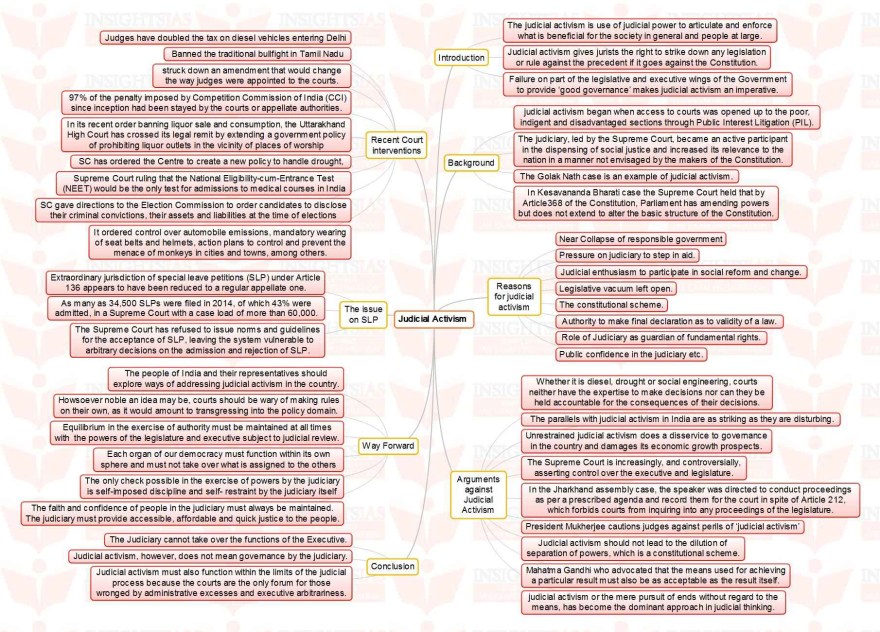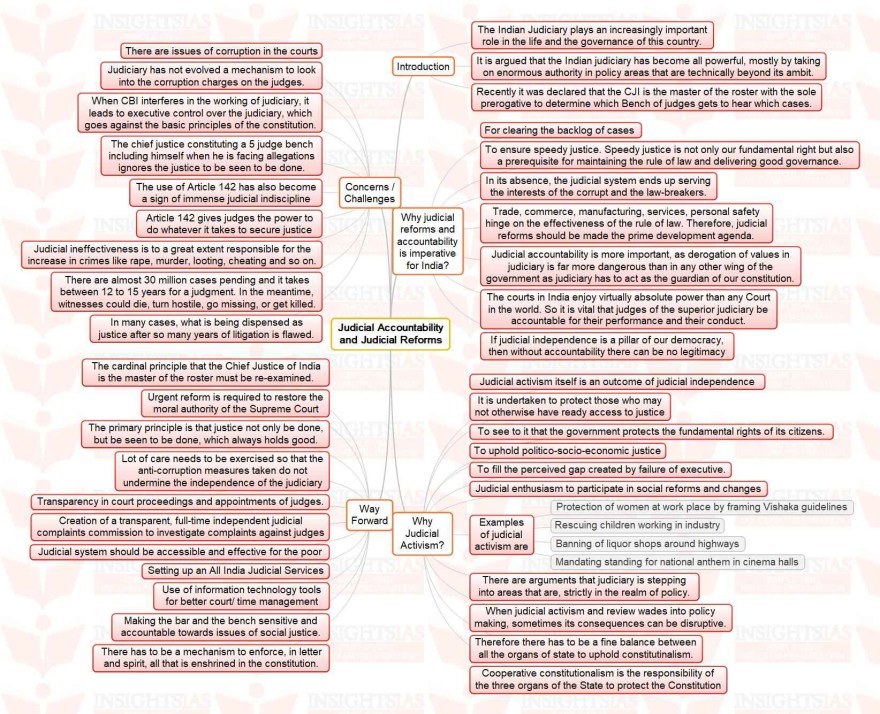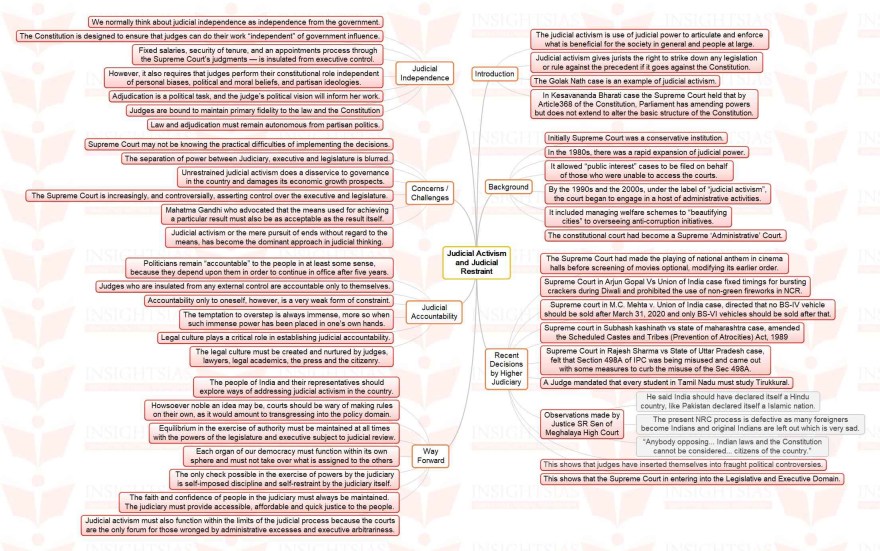Unlock The Power Of Judicial Review Insights With IAS: Empowering Click To Action
Judicial Review Insights IAS: Unveiling the Secrets of the Legal System
Have you ever found yourself wondering about the intricacies of the legal system? Curious to understand the concept of judicial review and how it shapes our society? Look no further, as I delve into the depths of judicial review insights IAS, shedding light on its importance, procedures, and impact on our daily lives.
What is Judicial Review?
At its core, judicial review is the power vested in the courts to determine the constitutionality of laws and government actions. It serves as a crucial element in establishing the balance of power between the legislature, executive, and judiciary, ensuring that no one branch oversteps its boundaries.
3 Picture Gallery: Unlock The Power Of Judicial Review Insights With IAS: Empowering Click To Action



As a mechanism for checks and balances, judicial review provides an avenue for citizens to challenge government decisions that may infringe upon their fundamental rights or exceed the limits of the constitution. It acts as a safeguard against potential abuses of power, guaranteeing the rule of law and the protection of individual liberties.
Who Conducts Judicial Review?

Image Source: insightsonindia.com
In India, the responsibility of conducting judicial review lies primarily with the High Courts and the Supreme Court. These esteemed institutions, consisting of judges with extensive legal knowledge and expertise, meticulously examine the constitutionality of laws, regulations, and government actions brought before them.
The judges, while interpreting the provisions of the constitution, weigh the arguments presented by both the petitioner and the government, ensuring a fair and impartial decision-making process. They analyze the intent and purpose of the legislation in question, evaluating its compliance with the constitutional principles and rights enshrined in the Indian Constitution.
When and Where Does Judicial Review Take Place?
Judicial review can occur at any time when a law or government action is challenged. It is not bound by any specific timeframe, allowing individuals and organizations to seek legal recourse whenever they believe their rights have been violated.

Image Source: insightsonindia.com
The process of judicial review takes place within the hallowed halls of the High Courts and the Supreme Court. These institutions serve as the bastions of justice, providing a platform for citizens to voice their concerns and seek redress for their grievances.
Why is Judicial Review Important?
Judicial review plays a pivotal role in upholding the principles of democracy, the rule of law, and the protection of citizens’ rights. It acts as a check on the actions of the government, ensuring that they adhere to the constitutional framework and do not infringe upon the fundamental rights of individuals.
By subjecting legislation and government actions to rigorous scrutiny, judicial review ensures that the laws enacted are just, fair, and in harmony with the constitutional values. It serves as a vital tool in preventing any potential abuse of power, maintaining the delicate balance between the three branches of government.
How does Judicial Review Work?

Image Source: insightsonindia.com
The process of judicial review begins with a petitioner filing a writ petition in the relevant court, challenging the constitutionality of a law or government action. The court then examines the petition, considering the arguments presented by both parties and evaluating the legal merits of the case.
The judges conduct a thorough analysis of the constitutional provisions, relevant precedents, and legal principles, forming the basis for their decision. They assess whether the law or government action aligns with the constitutional framework and if it violates any fundamental rights guaranteed to citizens.
FAQs about Judicial Review Insights IAS
Q: What is the role of the Indian Administrative Services (IAS) in judicial review?
A: The IAS plays a crucial role in judicial review by providing administrative support to the judiciary. It assists in the implementation of court decisions and ensures the smooth functioning of the legal system.
Q: Can anyone file a writ petition for judicial review?
A: Yes, any individual or organization can file a writ petition challenging the constitutionality of a law or government action, provided they have a legitimate interest and standing in the matter.
Q: What happens if a law is deemed unconstitutional through judicial review?
A: If a law is declared unconstitutional through judicial review, it is rendered null and void. The government may then be required to take corrective measures or draft a new law that complies with the constitutional provisions.
Pros and Cons of Judicial Review Insights IAS
While judicial review is essential for maintaining the rule of law and protecting citizens’ rights, it is not without its drawbacks. Let’s explore some of the pros and cons associated with judicial review insights IAS:
Pros:
Ensures the protection of fundamental rights
Serves as a check on potential abuses of power
Promotes the rule of law and accountability
Provides a platform for citizens to seek justice
Cons:
May lead to delays in implementing laws and policies
Can create tensions between the judiciary and other branches of government
Reliance on court decisions may undermine the legislative process
Requires a robust and efficient judicial system to handle the workload
Conclusion: Unlocking the Power of Judicial Review
Judicial review insights IAS offers a captivating glimpse into the inner workings of the legal system. It empowers citizens to challenge unjust laws and government actions, ensuring that the rights and freedoms of individuals are protected.
As I conclude my exploration of judicial review, I am reminded of its immense significance in maintaining a just and equitable society. It is through this mechanism that we can truly hold our government accountable, fostering a system that upholds the principles of justice, fairness, and the rule of law.
So, the next time you find yourself pondering the complexities of our legal system, remember the power of judicial review and its unwavering commitment to safeguarding our rights and liberties.
This post topic: Business Law
